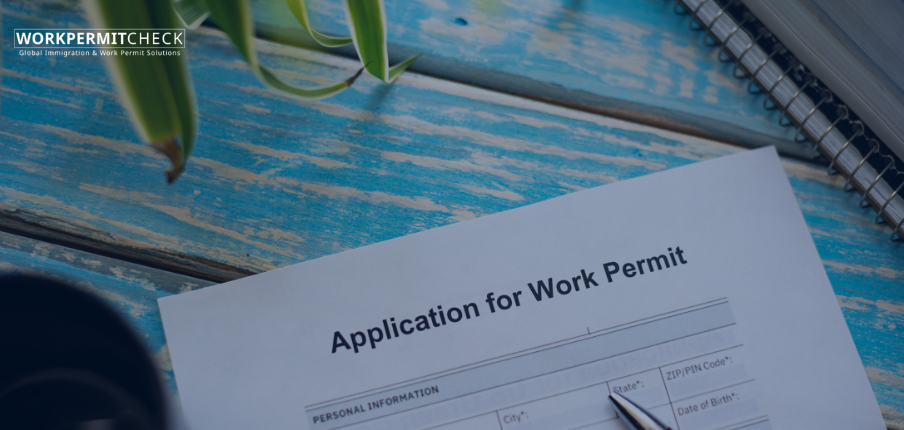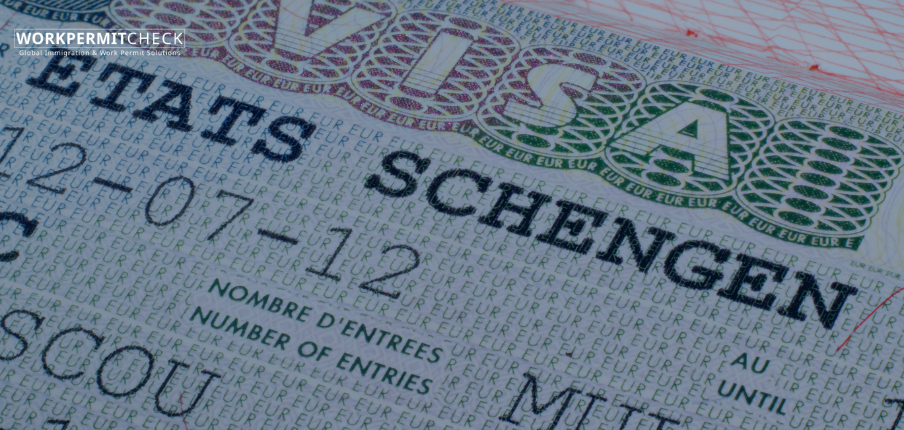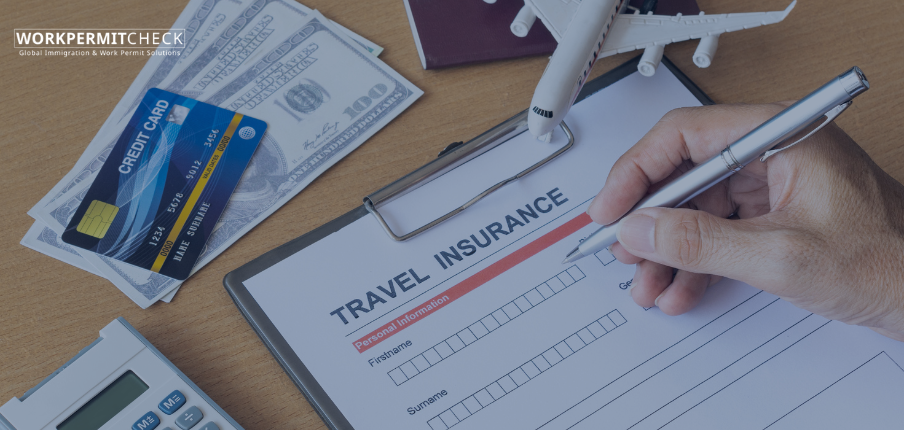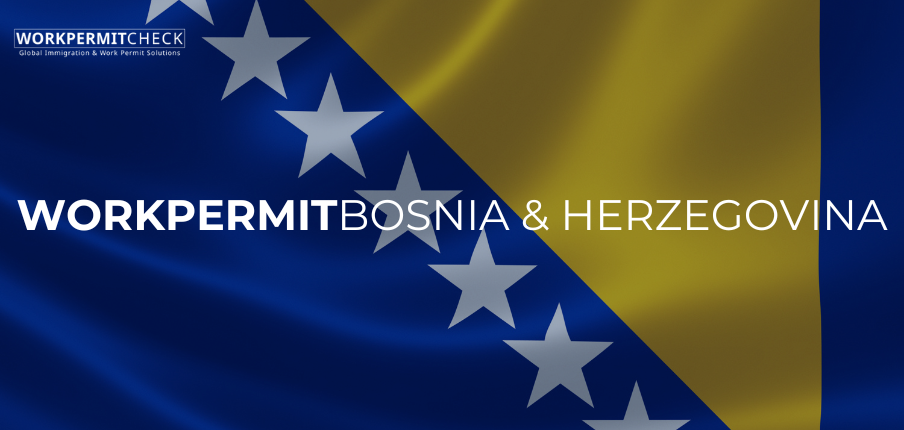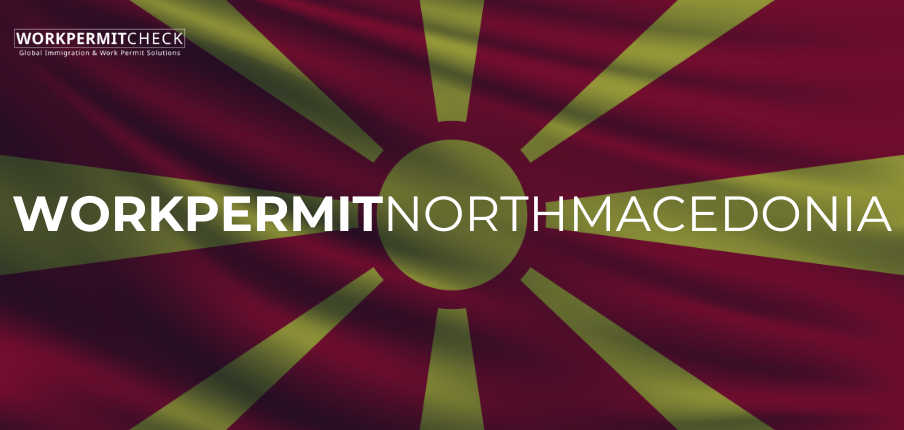When relocating abroad for work, one of the most common concerns for foreign workers is whether their spouse can also engage in employment during their stay. The answer to this question depends on the specific immigration laws and work permit regulations of the host country. This blog post explores the general rules, exceptions, and practical steps related to spousal work rights when accompanying a primary work permit holder.
Understanding Dependent or Spouse Visas
Most countries issue a dependent visa or residence permit to the spouse and children of a foreign national who holds a valid work permit. While dependent visas generally allow family members to live with the primary applicant, they do not always grant the right to work.
There are typically three categories regarding spousal work rights:
-
Automatic Work Authorization: Some countries allow spouses to work without needing to apply for a separate work permit.
-
Conditional Work Authorization: Spouses can work but must apply for their own work permit or employment authorization document.
-
No Work Rights: In some countries, dependents are not permitted to work at all under the dependent visa category.
Countries Where Spouses Can Work Freely
Several countries provide relatively straightforward pathways for spouses to work. Here are some examples:
United Kingdom
Spouses of individuals on work visas like the Skilled Worker visa can work without restrictions, as long as they have a valid dependent visa.
Canada
Spouses of temporary foreign workers, especially those in high-skilled jobs (NOC 0, A, or B), are eligible for an open work permit, which allows them to work for any employer.
Australia
Partners of primary visa holders under the Temporary Skill Shortage (TSS) visa or other skilled worker programs are typically granted full work rights.
New Zealand
Partners of those holding Essential Skills or Accredited Employer Work Visas may apply for a work visa and can generally work without restrictions.
Germany
Spouses of non-EU nationals working in Germany usually receive residence permits that allow them to work without requiring a separate permit.
Countries With Conditional Spousal Work Rights
In these countries, spouses must meet additional conditions or apply for a separate permit:
United States
Spouses of H-1B visa holders (H-4 visa) are not automatically allowed to work. However, if the H-1B visa holder has reached a certain stage in the green card process, the spouse can apply for an Employment Authorization Document (EAD).
Japan
Dependent visa holders cannot work unless they obtain special permission from the Immigration Services Agency, and even then, work hours and types of employment may be limited.
United Arab Emirates (UAE)
Spouses of foreign workers must apply for their own work permits sponsored by an employer, even if they have a valid family visa.
Countries That Do Not Permit Spouses to Work
In some countries, dependent or family visas do not grant the right to work, and the legal pathway to employment may be limited or unavailable. It’s essential to verify the rules with local immigration authorities or embassies.
How to Apply for a Work Permit for Your Spouse
If your spouse is not automatically authorized to work, the following general steps may be required:
-
Check Eligibility: Confirm that the country allows dependent spouses to work and under what conditions.
-
Gather Documents: This typically includes passports, marriage certificates, proof of your valid work status, and job offer (if applicable).
-
Apply for a Work Permit or EAD: Submit the necessary application to the relevant immigration or labor authority.
-
Wait for Approval: Processing times vary by country and visa type.
-
Start Working: Once approved, your spouse can begin employment.
Final Tips
-
Always confirm the latest immigration rules from official government sources.
-
Seek legal or professional immigration advice if your situation is complex.
-
Ensure all documents, including marriage certificates, are translated and legalized if required.
Conclusion
Whether or not your spouse can work while you hold a work permit largely depends on the laws of the country you're moving to. While many developed countries offer liberal work rights for spouses, others impose restrictions or require separate applications. Understanding these rules ahead of time can help you and your family make informed decisions and prepare accordingly for life abroad.
May 16, 2025






